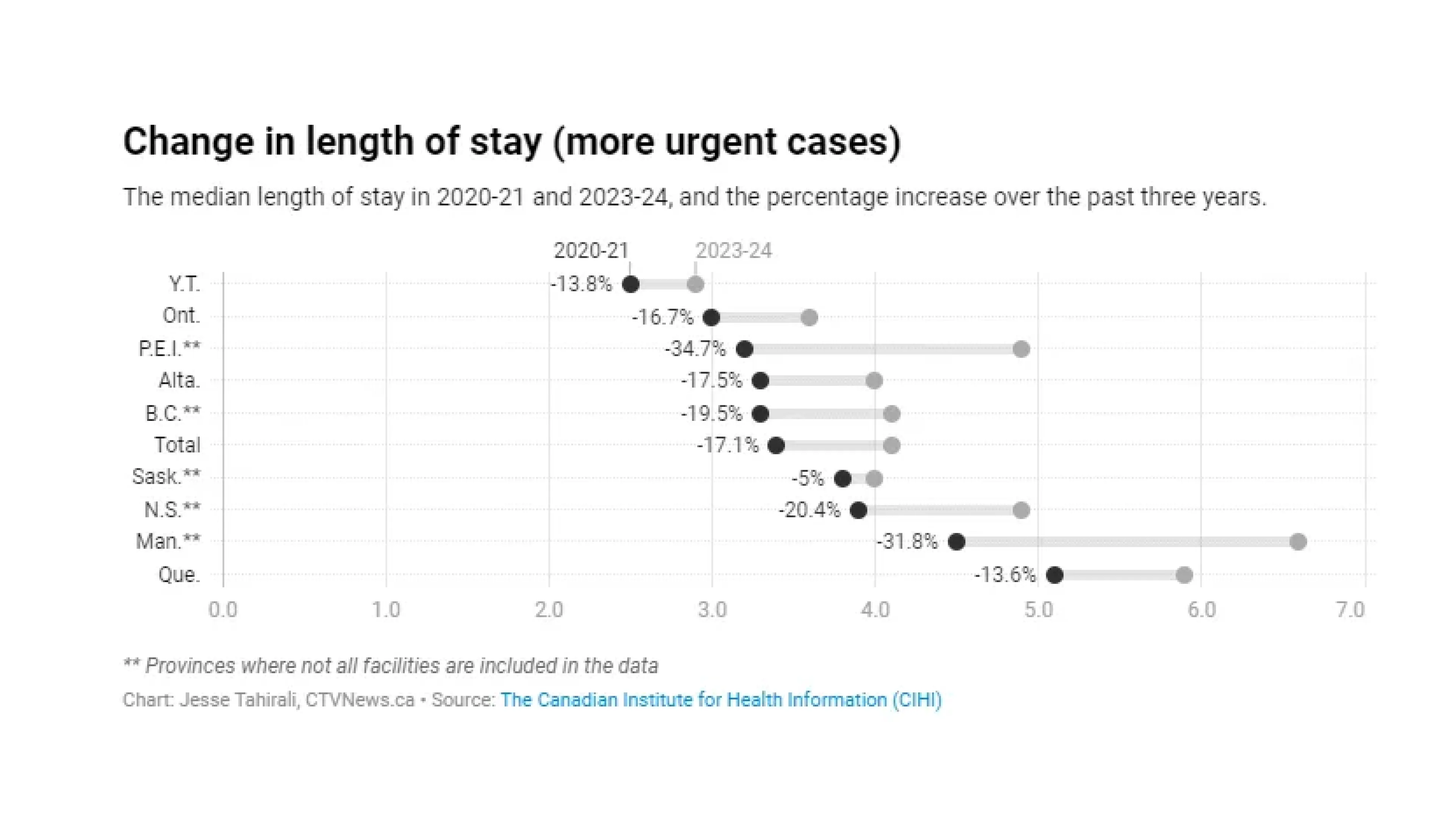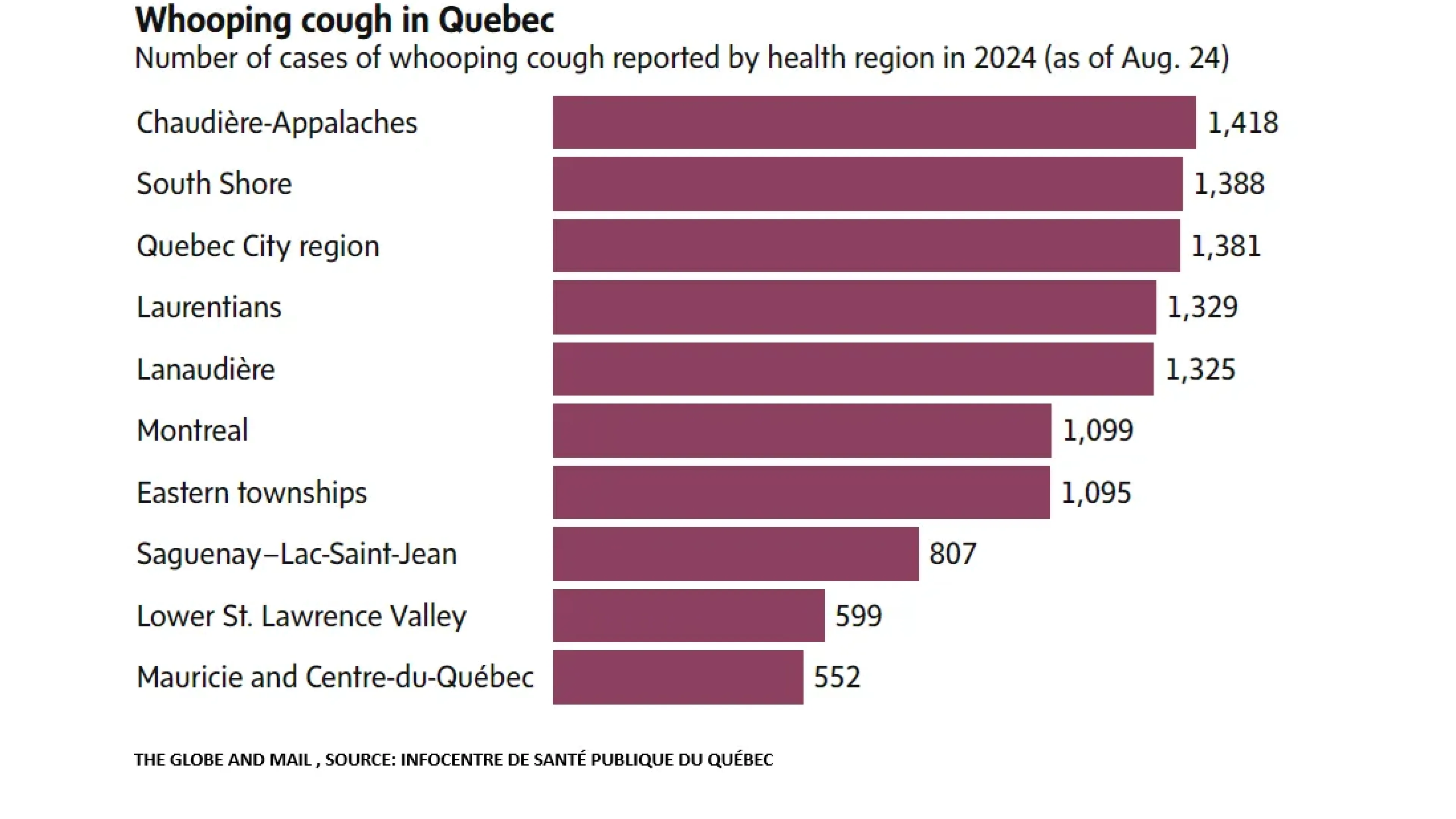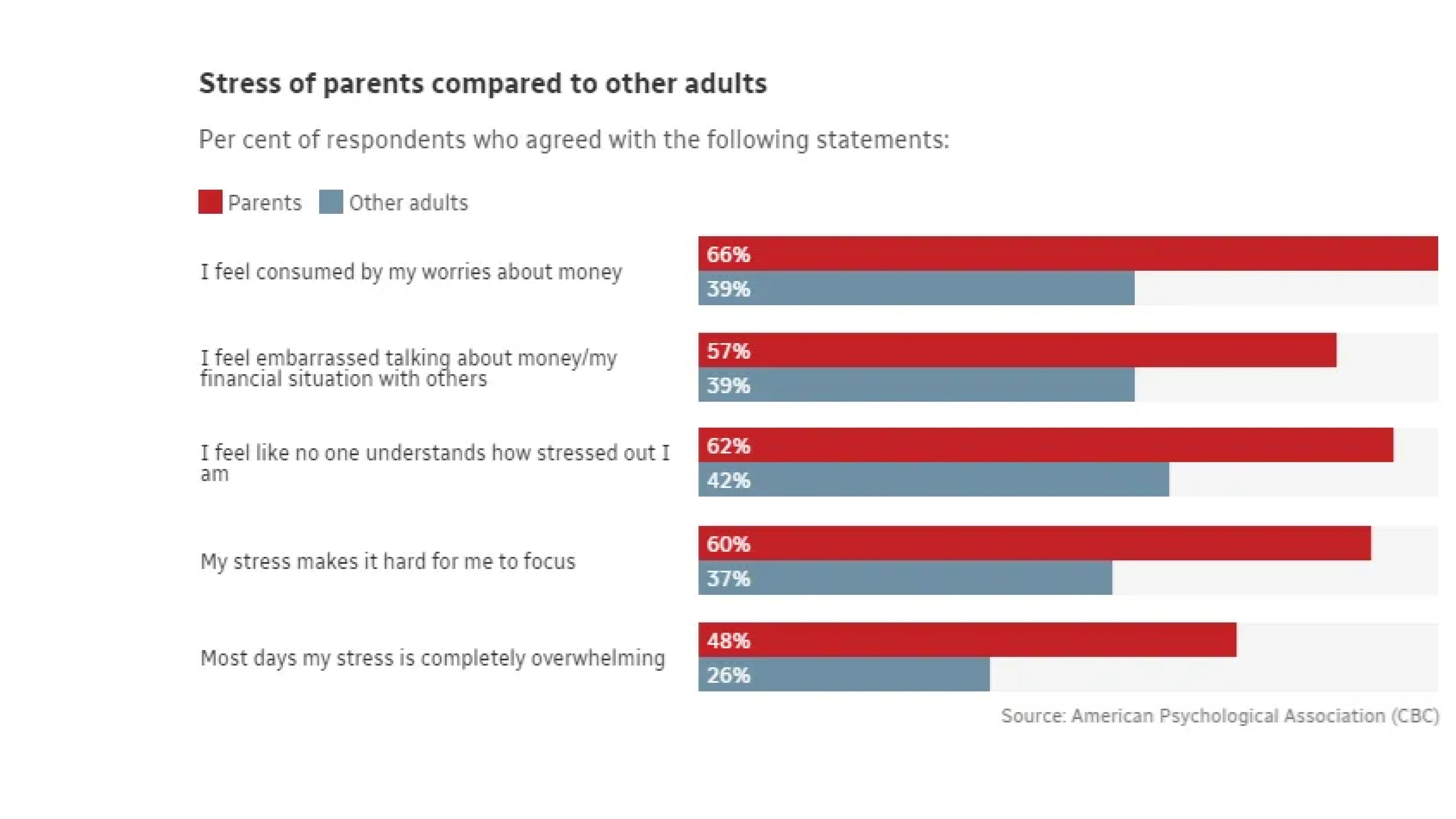You’re reading the web version of The Weekly Dose, our newsletter on Canadian health care and medical news. Sign up to get it next week.
Welcome back Healthwatchers,
This week we have a bit of a back-to-school edition, and I promise to talk about some back-to-school-related things. But today’s big story is one that hits close to home for our readers in Alberta, though with national significance.
Are Albertans' reproductive rights on the line?

Premier Smith plans to shift hospital operations to faith-based organizations. The operators currently refuse to provide some services on religious grounds, including abortions, MAiD, birth control, and gender-affirming care.
Why it’s important: Under the guise of administrative restructuring, Smith’s plan could create vast regions where reproductive and end-of-life care are inaccessible.
This story is coupled with a leaked draft of a reformed Alberta Bill of Rights. According to an anti-abortion news site claiming to have the draft, its text enshrines “the God-given right to life from conception… up until natural death.” While the authenticity of the draft is already in dispute, Smith’s plan to shift hospital operations suggests reproductive rights in Alberta are indeed under threat.
Read more…
Why are Canadians spending more time in Emergency Departments?

New CIHI data shows shifts in Canadians’ ER-usage. The reasons we go to the ER are changing over time, and we’re now spending more time in ERs than ever.
Why it’s important: The growing length of ER stays—up 20-30% in recent years—is a nationwide trend. It provides some insight into the strain on our healthcare system. So do the things that bring us to the ER in the first place.
While back pain was previously the third most common reason for an ER visit, upper respiratory infections now occupy that spot. Urinary tract infections and abdominal pain are among the conditions requiring the most time to resolve. As the population ages, these clinical presentations will become more and more common.
Read more…
Doctor cleared of gender discrimination and improper billing—again

The CPSO has once again cleared Dr. Marko Duic of accusations of discriminatory hiring and abusive billing practices.
Why it’s important: Despite significant evidence supporting complaints against Duic, his repeated exoneration undermines confidence in the effectiveness of the CPSO in addressing discriminatory practices and unethical billing.
This latest ruling follows a court-ordered re-opening of the CPSO’s investigation after it cleared Duic of the same accusations in 2019. The college’s decision points to challenges in proving discrimination cases, which rarely have direct evidence. Critics say the case demonstrates regulators’ reluctance to confront difficult issues, which lets bad actors persist, unchallenged.
Read more…
Pertussis reaches epidemic levels in Quebec

Pertussis is surging in Quebec, with over 12,000 cases reported this year. The spike has prompted public health alerts encouraging vaccinations for kids before school starts.
Why it’s important: The rise in cases follows an expected cyclical pattern of whooping cough outbreaks every few years, but this year’s case counts dwarf pre-pandemic numbers.
Notably, COVID testing and reporting systems that have been extended to other illnesses could be picking up cases that would previously have gone unnoticed. This could factor into explaining the surge, though to what degree is unknown. Poor vaccine-uptake is likely to be a key contributor here, if not a primary one. Babies and young kids are especially vulnerable to severe complications from pertussis.
Read more…
Some schools don't have peanut bans anymore. Here’s why.

As schools in Quebec and Alberta move away from peanut bans, some parents are worried for their kids’ safety, understandably.
Why it’s important: Evidence suggests peanut bans can create a false sense of security, increasing the risk of severe allergic reactions and bad outcomes. An emphasis on prevention, alertness, and readiness might be more protective.
Experts say schools should prioritize training staff, educating parents and students, and fostering safer environments. Seems counterintuitive, but there’s a sort of logic here. Under a ban, I send my allergic kid to school knowing that it’s “nut-free.” We feel good about it. As a result of its nut ban, the school gets a bit lax. Does anything happen if another kid brings nuts to school? Do staff know where the epi-pen is?
Read more…
The stress of modern parenting prompts U.S. health advisory

The U.S. Surgeon General issued an advisory on the extreme stress faced by parents, highlighting the impacts of financial strain, social pressures, and the demands of raising children in today's world.
Why it’s important: The advisory affirms what many of us already know. The stresses of parenting, fueled by social media comparison-culture, the youth mental health crisis, and financial hardship, take a toll on parents' mental and physical health.
The structure of modern life is still based in an outdated paradigm, where one parent works and the other manages the home. Today, with both parents typically working and childcare costs booming, there’s a fundamental mismatch between societal expectations and the limits placed upon parents by that pesky thing known as reality.
Read more…
As we wrap up our back-to-school edition, I’m reminded that the start of school means fresh routines and pumpkin spice in everything. It’s my favourite time of year.
On a personal note, I’m excited to start something new this month. For the next while, I’ll be engaged in a fellowship for health journalism out of U of T. I’ve decided I enjoy this journalism thing and I want to get better at it.
Anyway, kids or no kids, wishing us all a smooth transition into the school year.
Until next time, stay well—and if you do have kids, best of luck. 🤞
See you in a week!
Nick Tsergas
National Health News Editor
Canada Healthwatch
[email protected] | canadahealthwatch.ca